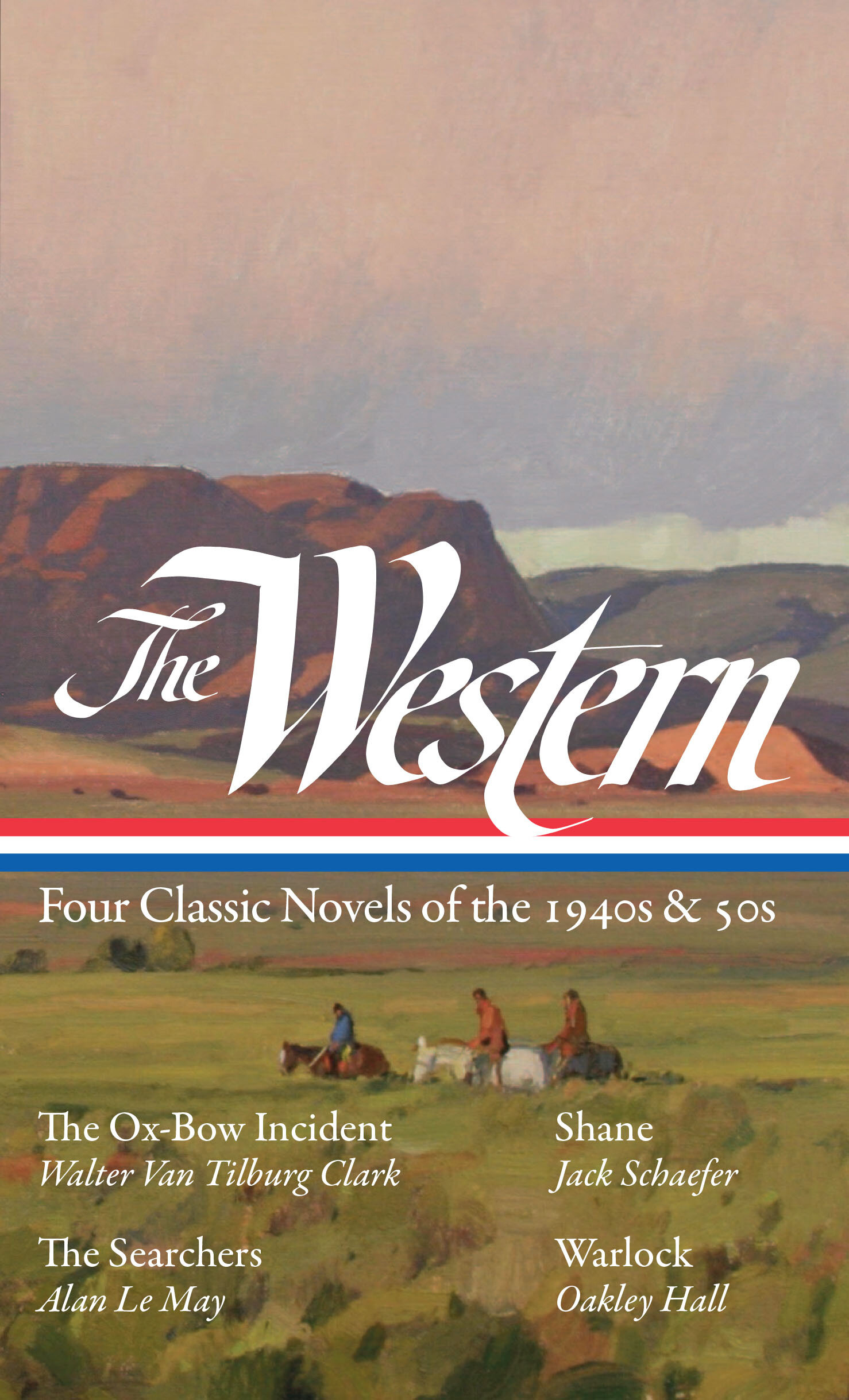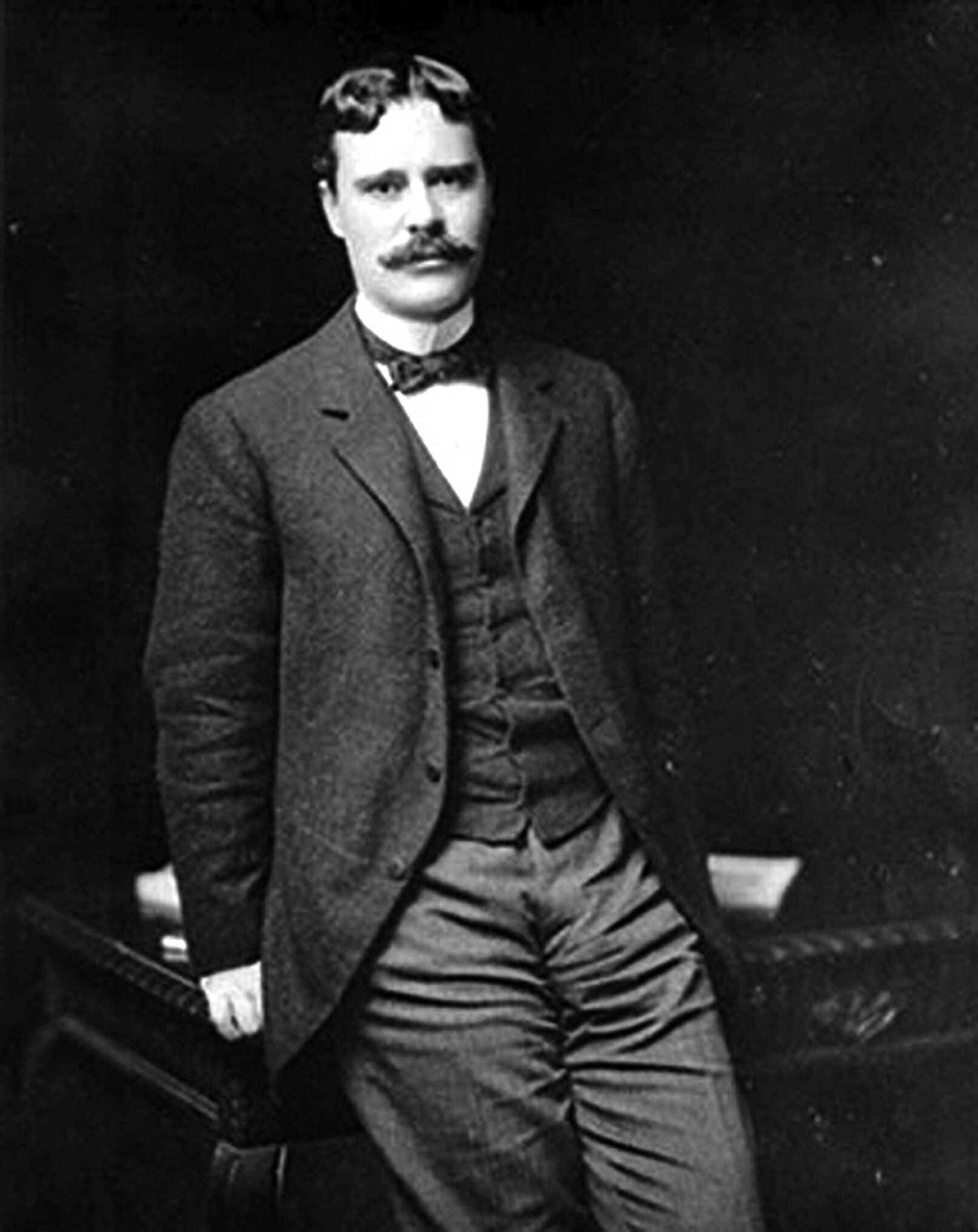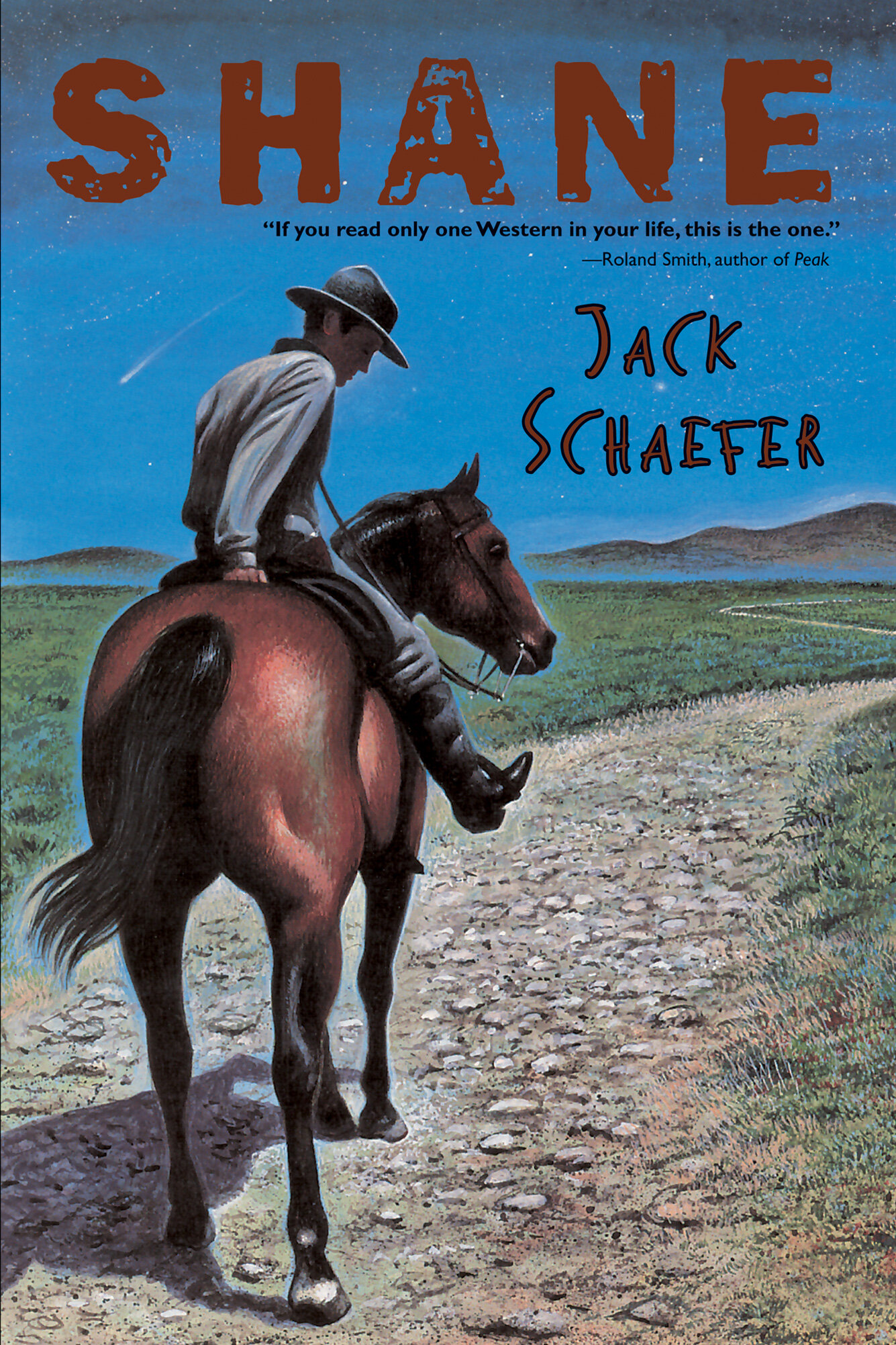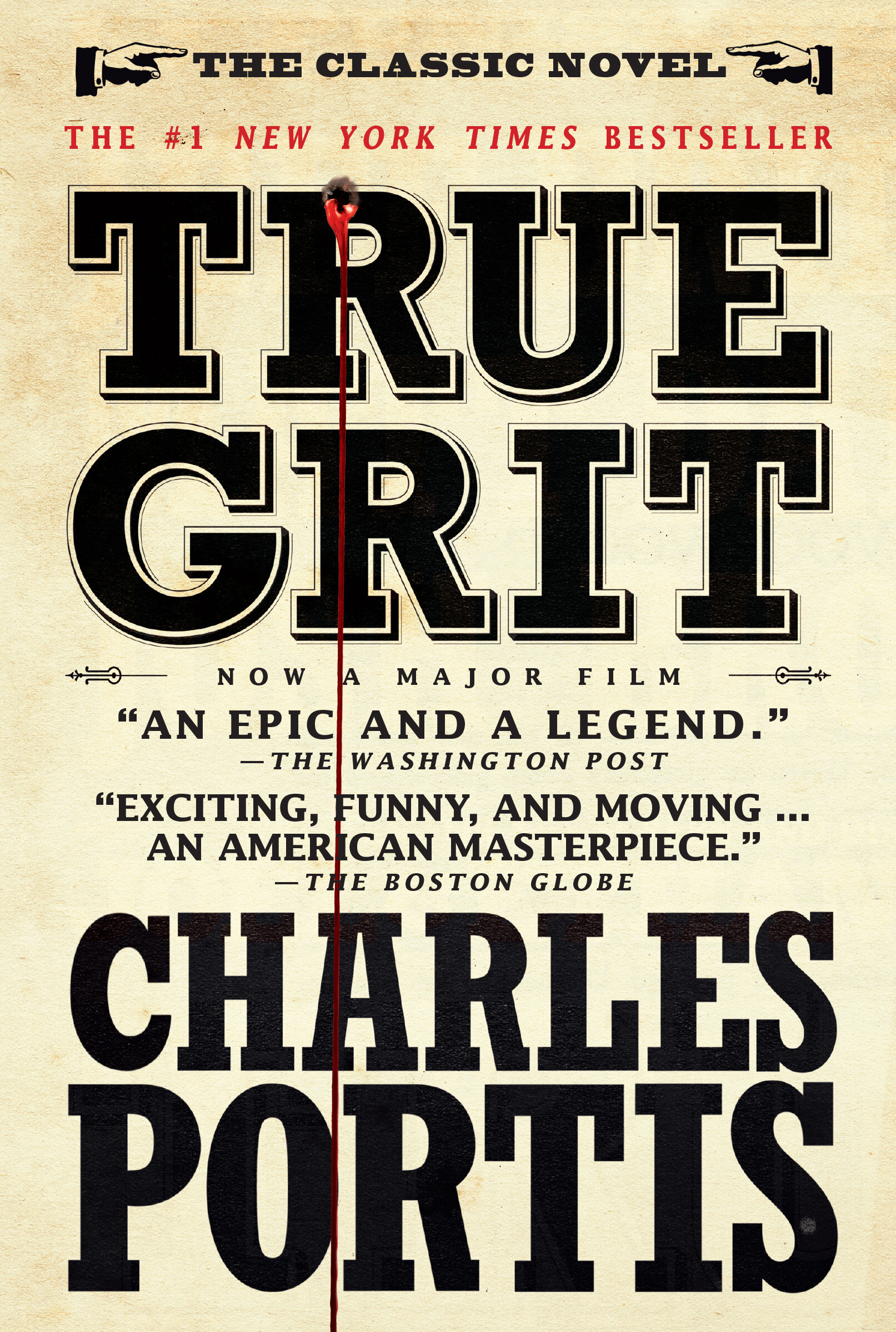
A writer, an award and John Wayne—sounds like a pretty good story.
Written by Jenn Thornton
In 1967, the Western Writers of America (WWA) awarded John Wayne with the Saddleman Award for his “Outstanding Contributions of the American West.” It was the first time that the literary award included non-writers, speaking to Wayne’s cultural influence. But he wasn’t the only Hollywood icon honored that year; so too was his good friend and frequent collaborator, the director John Ford. The cinematic duo had, after all, teamed up on 14 motion pictures, starting with “Stagecoach” in 1939, continuing with the likes of “The Quiet Man” and “The Searchers” in 1952 and 1956, respectively, and concluding with “Donovan’s Reef” in 1963. Arguably no one had done more to shape the perception of the quintessential American cowboy than Wayne and Ford. At least on-screen.

On the page that honor goes to writer Owen Wister, who in early 19th century literary circles was the Wayne and Ford of his day. This thanks to his 1902 book “The Virginian: A Horseman of the Plains,” which is considered the archetypal Western novel. Yet there is some irony that Wister himself came from about as far away, in distance and idea, from the rugged world of gun draws and dust-ups he pioneered on the page. Still, the cultured East Coaster went on to inspire a host of Western writers to come, including Jack Schaefer, who wrote “Shane,” and Charles Portis, who wrote “True Grit.” The latter book, of course, gave fiction and, later, Hollywood, one of its most enduring characters—the cantankerous Rooster Cogburn, who Wayne played to perfection, and to his first Academy Award for Best Actor.

Fittingly, Brett Cogburn, the great-grandson of the man who inspired the real-life Rooster, is a current member of the Western Writers of America (WWA), the nation’s oldest and more prestigious collective of writers of the American West. The organization, which renamed the Saddleman Award after Owen Wister, also serves as a gatekeeper to the long and distinguished legacy of Western writing that includes early American authors like James Fenimore Cooper (author of “The Last of the Mohicans”), who wrote characters that displayed rugged individualism and the pioneer spirit, and the dime novels and “penny dreadfuls” that brought tall Western tales to the masses. These efforts helped lay the groundwork for not only Wister, but later Zane Grey, Larry McMurtry, Tony Hillerman, Sandra Dallas, C.J. Box, Craig Johnson and more.
“No matter where our members are on their career pathways, we are united by our passion for American history and literature,” states Candy Moulton, executive director of the WWA. “We believe that the West embodies a spirit that is uniquely American. And we believe that keeping this spirit alive is of great importance to the nation and beyond. Our motto is Literature of the West for the World.” By that, she says, “We know literature of the American West resonates around the world. We have members in many countries and on most continents.” One can hardly imagine a world without Western writers like Wister and Portis, and for that matter, Western icons Wayne and Ford.



